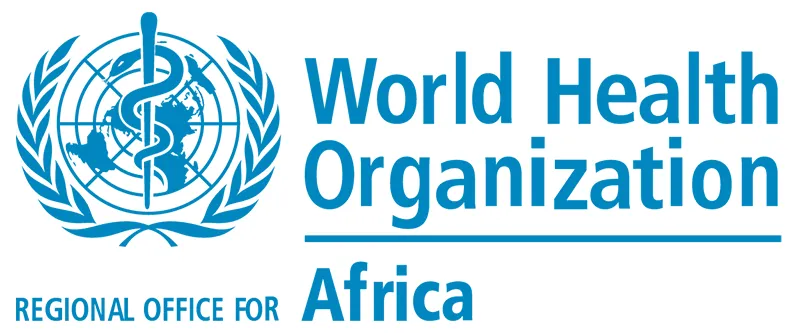
Rwanda Starts Countdown to Declare Marburg Outbreak Over: A Testament to Swift Action
2024-11-09
Author: Li
Kigali – A New Hope Against Marburg Virus
Rwanda is officially on the road to victory against the Marburg virus disease, having just discharged its last patient. This key event initiates a mandatory 42-day countdown to declare the outbreak over, signaling a hopeful turn in public health. Since October 30, 2024, the country has reported no new confirmed cases, an encouraging sign in the fight against this dangerous virus.
Monitoring and Vigilance
The patient was released from treatment on November 8, 2024, and health authorities are continuing to monitor contacts of both the discharged patient and previously treated individuals for 21 days. This step is crucial, as the outbreak will only be considered finished if no new infections are reported 42 days following the last confirmed case’s negative test.
Commitment to Surveillance
Despite the absence of new cases over the last week, Rwanda’s Ministry of Health remains committed to vigilance. They are ramping up surveillance efforts with their extensive network of nearly 60,000 community health workers, who are actively searching for any suspected cases and ensuring that no transmission chains are overlooked.
Impact of the Outbreak
During this outbreak, a total of 66 confirmed cases and 15 fatalities have been reported since it was first declared on September 27. Alarmingly, health workers accounted for approximately 80% of the cases as they provided critical emergency care to patients and their fellow healthcare providers.
Containment Strategies
The outbreak initially surfaced vigorously in two main hospitals in Kigali and within the family circle of one of the first infected individuals. However, Rwanda's swift and decisive public health response has notably contained the virus, preventing any community transmission. The rapid mobilization of response teams, thorough monitoring of all contacts, and the strict implementation of infection prevention protocols were instrumental in slashing confirmed case numbers by half during the second and third weeks of the outbreak.
Reflections on the Outbreak
Dr. Sabin Nsanzimana, Rwanda's Minister of Health, reflected on the outbreak, stating, 'This outbreak demonstrates that with the best available treatment, recovery is possible, and contributions to science can be made. The evidence generated from this outbreak will help shape surveillance activities going forward and prevent future outbreaks.'
Understanding the Marburg Virus
The Marburg virus, known for its severe hemorrhagic fever and fatality ratios reaching 88%, is part of the same virus family as the Ebola virus. Symptoms typically start abruptly with high fever, intense headaches, and malaise, with many patients developing severe hemorrhagic signs within a week of infection. The virus is primarily transmitted to humans via fruit bats and spreads through direct contact with bodily fluids of infected individuals, as well as contaminated surfaces and materials. While there is no specific treatment for Marburg, supportive care—including rehydration through oral or intravenous fluids and targeted symptom management—has been shown to enhance survival chances.
A Call to Action
As Rwanda takes these critical steps in overcoming the Marburg outbreak, it serves as a reminder of the importance of rapid response and community involvement in combating infectious diseases. The world watches with keen interest, hoping that the lessons learned here can be applied to future public health challenges.


 Brasil (PT)
Brasil (PT)
 Canada (EN)
Canada (EN)
 Chile (ES)
Chile (ES)
 España (ES)
España (ES)
 France (FR)
France (FR)
 Hong Kong (EN)
Hong Kong (EN)
 Italia (IT)
Italia (IT)
 日本 (JA)
日本 (JA)
 Magyarország (HU)
Magyarország (HU)
 Norge (NO)
Norge (NO)
 Polska (PL)
Polska (PL)
 Schweiz (DE)
Schweiz (DE)
 Singapore (EN)
Singapore (EN)
 Sverige (SV)
Sverige (SV)
 Suomi (FI)
Suomi (FI)
 Türkiye (TR)
Türkiye (TR)